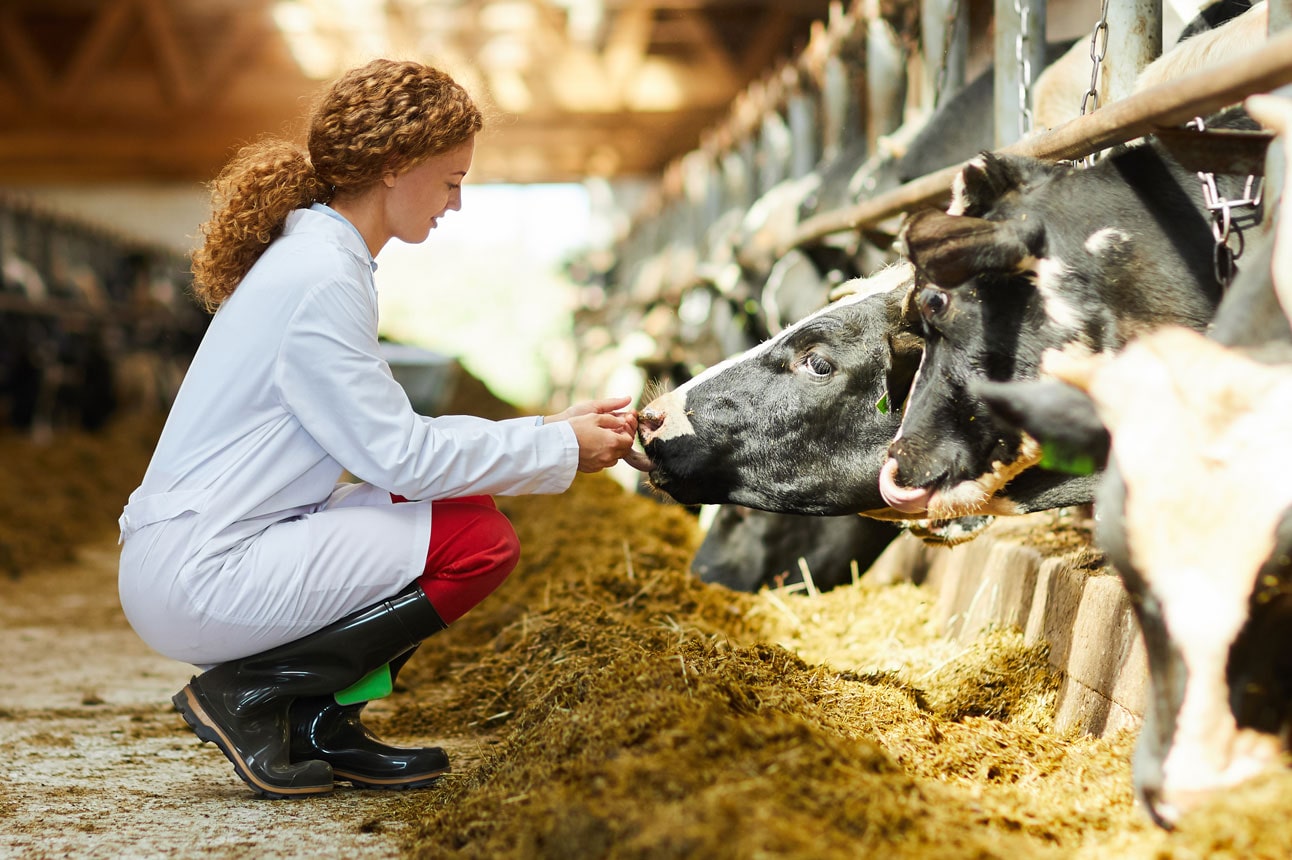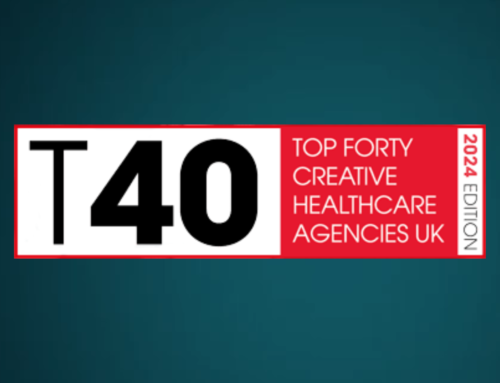
While most industries have been impacted by the coronavirus outbreak in some way, the animal care industry is one of the more unusual cases: experiencing a stark divide between companies that are prospering while others face the very real prospect of permanent closure. We discuss where animal health companies fit into this picture and the industry changes that you should be aware of.
As the lockdown has moved society indoors, this has had a polarising effect on animal care companies. On the one hand, through closing all non-essential services, grooming companies, kennels and walking services are all going to be facing a difficult few months.
On the other, pet shops and veterinary surgeries are classed as essential services so are still able to carry out business. The extra time we spend at home is now spent caring for and playing with companion animals, increasing demand for pet store supplies – in the short term. Veterinary practices though, are having to manage and adapt to social distancing measures that are necessitating new ways of working, as discussed in this article.
Meanwhile, the livestock industry is facing its own unique set of challenges. While you might imagine that the meat shortages seen across the country in recent weeks would create more business, this is not the case. This move toward home-cooking accompanied the closing down of restaurants, fast-food outlets and cafes, which has resulted in a significant decrease in demand overall.
As described by the Agriculture and Horticulture Development Board (ADHB), the key issues impacting the dairy industry are an uncertainty around future demand levels, along with risks to the continuity of supply caused by staff self-isolating. These factors are predicted to lead to a high degree of short-term volatility in the markets. 1
In order to support the supply chain, the UK government have recently announced the relaxing of elements of competition law, allowing companies within the dairy industry to work together to meet demand along with ensuring supplies are successfully redirected to the retail industry and wastage is minimised. 2
In the long-term, there are also worries that the rise in unemployment and resulting decrease in average household income will create a more sustained problem for the meat industry.
Where does this leave animal health companies?
Animal Health Europe has recently stated the importance of maintaining a supply of safe and healthy animal products to the shelves alongside ensuring our pets have access to supplies and healthcare during this crisis. 3 They also reported that as of the time of writing, no shortages in veterinary medicines have been identified.
The organisation states that ultimately, our priorities at the moment should be to support customers and employees, while following the recommended protocols to stop the spread of the virus. 3
In practical terms, this means:
- Working from home wherever possible
- The rescheduling of non-urgent veterinary appointments
- Increased emphasis on teleconsulting and virtual referral services
- A temporary suspension on sales team visits to veterinary practices
- Preventing the use of waiting rooms
- Carrying out social distancing while working
How will this influence marketing strategies?
Healthcare marketing overall is moving toward a more digital format. In the animal health industry, the inability to interact with vets in person means that both e-detailing and telehealth will need to be optimised and implemented on a much larger-scale than originally anticipated.
With the prevention of gathering in waiting rooms, waiting room posters will need to take a back seat for now in favour of other marketing practices. This could include an increased social media presence informing owners of the latest guidelines and encouraging them to be proactive in caring for their pet’s health.
In terms of overall messaging of assets, we are seeing focusses shift from brand-specific promotion, to helping maintain business continuity and essential animal health in the face of these new industry challenges. This may come in the form of providing online diagnostic tools such as video consulting or providing home delivery and remote prescription of medications.
Thinking towards the future
While we do have to take a responsive approach in order to minimise the impact on businesses and public health during the lockdown, it is also important that we employ preventative tactics. These efforts will be necessary both to the health of our animals and our businesses in order to safeguard against future problems arising as society begins to return to normal.
For more content on animal health, digital healthcare, marketing best practice and much more, keep an eye on our blog.








